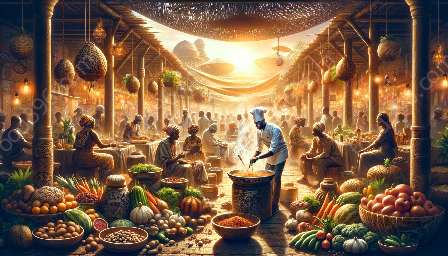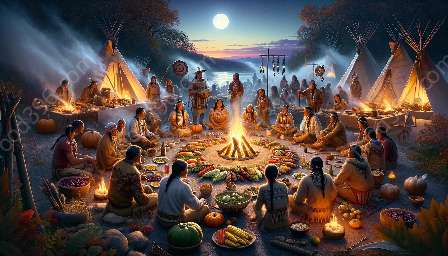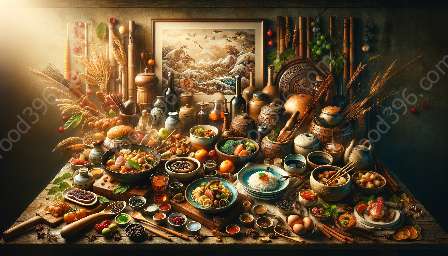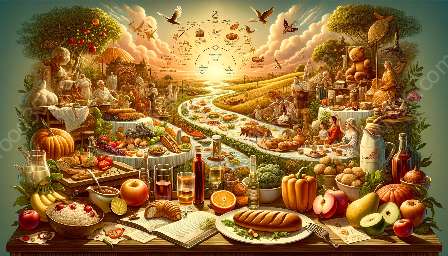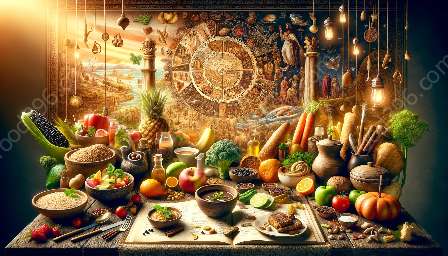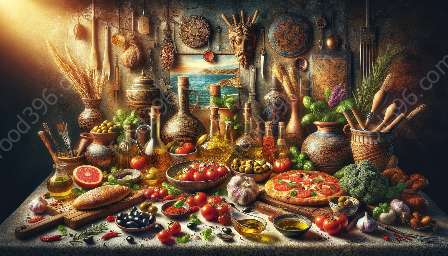Vegetarian cuisine has a rich and diverse history that spans cultures and civilizations. From ancient times to the modern world, the practice of vegetarianism has influenced the way we think about food and drink.
Ancient Civilizations and Vegetarianism
Vegetarianism has ancient roots, with evidence of plant-based diets dating back to ancient India, Greece, and Egypt. In India, the concept of ahimsa, or non-violence, led to the development of vegetarian cuisine as a way to avoid harm to living creatures.
Early Forms of Vegetarian Cuisine
The early forms of vegetarian cuisine were simple and focused on plant-based foods such as grains, legumes, fruits, and vegetables. These ancient diets laid the foundation for modern vegetarian cooking and continue to influence culinary traditions around the world.
Vegetarianism in Religious and Philosophical Traditions
Many religious and philosophical traditions have embraced vegetarianism as a way of life. The influence of these beliefs on food and drink has shaped the development of vegetarian cuisine. For example, followers of Jainism, Buddhism, and certain sects of Christianity have historically practiced vegetarianism as a means of spiritual and ethical fulfillment.
The Spread of Vegetarian Cuisine
As trade and exploration connected different parts of the world, vegetarian cuisine spread and evolved. The exchange of culinary knowledge between cultures led to the incorporation of new ingredients and cooking techniques, expanding the possibilities of vegetarian cooking.
The Modern Vegetarian Movement
The 19th and 20th centuries saw the rise of modern vegetarian movements, driven by ethical, environmental, and health concerns. Prominent individuals such as Mahatma Gandhi and advocates of natural living promoted vegetarianism as a means of personal and planetary wellness.
Vegetarian Cuisine Today
Today, vegetarian cuisine is celebrated for its diversity and innovation. Chefs and home cooks alike have embraced the art of plant-based cooking, creating delicious and satisfying dishes that appeal to vegetarians and non-vegetarians alike. The influence of vegetarian cuisine can be seen in restaurants, cookbooks, and food trends around the world.
From its ancient origins to its modern manifestations, vegetarian cuisine continues to be a vibrant and influential part of the world of food and drink. By understanding its history, we can appreciate the cultural and culinary significance of vegetarianism and its enduring impact on global cuisine.




